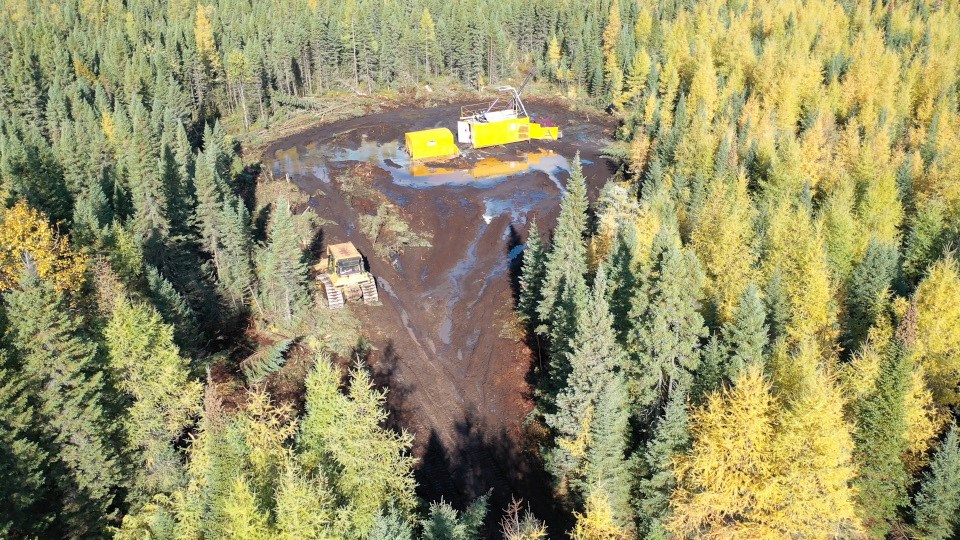Canada Nickel Company and the Matachewan and Mattagami First Nations have signed a memorandum of understanding (MOU) establishing a guideline for exploration and development operations at the company’s Crawford nickel-cobalt sulphide project near Timmins.
Announced on Dec. 14, the MOU signifies a commitment by the company to consult with the First Nations and establish a mutually beneficial relationship during all stages of project development.
The agreement also provides the communities with an opportunity to participate in the benefits of the project through business opportunities, employment and training, financial compensation, and consultation on environmental matters.
Mark Selby, Canada Nickel’s chair and CEO, said the company is committed to “responsible development” of the project.
“From the very beginning, our approach has been to work with First Nations and local stakeholders as partners in order to create shared value through economic opportunities, while also being respectful and responsible stewards of the natural environment,” Selby said in the release.
“Canada Nickel acknowledges Matachewan and Mattagami First Nations in their commitment to protect and enhance the land and resource-based economy within their traditional territory.
“We welcome their constructive approach and their support of our efforts to move forward on the development, permitting and construction of the project.”
Want to read more stories about business in the North? Subscribe to our newsletter.
Located 40 kilometres north of Timmins, the Crawford Project is considered among the world’s 10 biggest nickel deposits, and, according to Selby, has the potential to become world-class in scope.
In October, the company was reporting Crawford's total measured and indicated resources at 657 million tonnes, grading 0.26 per cent nickel, with inferred resources of 646 million tonnes, grading 0.24 per cent nickel.
Jason Batise, executive director of the Wabun Tribal Council, welcomed the opportunity to establish a “strong and mutually beneficial” relationship with the company.
In his role with the regional chiefs organization – which represents five First Nations, including Matachewan and Mattagami – Batise has been integral to the development of the Wabun Method.
This structured negotiating process between mining companies and member First Nations outlines how the First Nations will participate in resource activity within their traditional territory.
“Mark is genuinely committed to responsible and sustainable development, and our community appreciates being engaged in the early planning stages of the project,” Mattagami First Nation Chief Chad Boissoneau said in the release.
Canada Nickel is expected to release a preliminary economic assessment of the Main Zone by year’s end, followed by a more detailed feasibility study toward the end of 2021.




